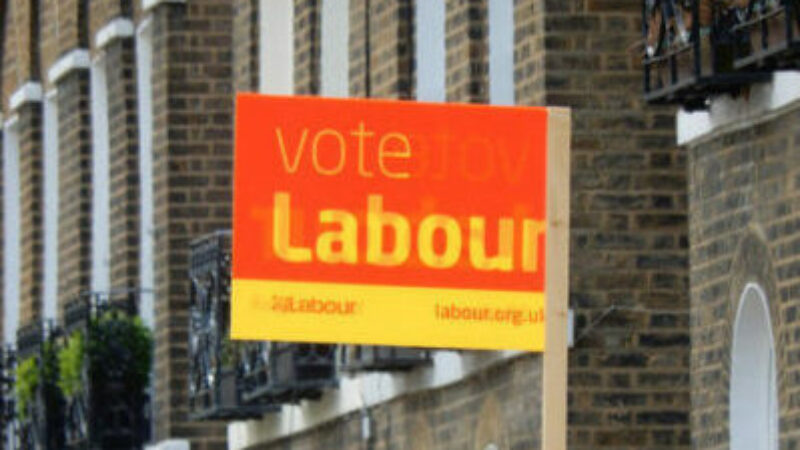
David Evans has emerged as the Labour leadership’s favourite candidate to become the next general secretary. The Campaign Company founder and director is a former assistant general secretary of the party (1999-2001), when he helped organise Labour’s 2001 general election campaign, and he was also a regional secretary during the Blair era (1995-1999). And Keir Starmer has picked him out as the preferred choice.
The move is considered controversial on the Labour left due to his past comments and apparent factional allegiances. In 1999, he penned an internal report – which LabourList would very much like to get hold of in full – that was leaked to the press. It described constituency parties as “dysfunctional” and said in terms of “high street presence” they were “more like Trotters Independent Traders than Marks & Spencer”. It recommended a “radical overhaul” of the party that could “empower modernising forces within the party and marginalise Old Labour”.
Others in the party have a different take on Evans. They say he is an excellent organiser, having overseen the campaign that allowed Labour to regain control of Croydon in 2014 and helped to build the foundations of Labour’s success against the BNP in Barking in 2010. Council leader Darren Rodwell says Evans really understood how to “connect” with voters, and knows the value of local government – like Starmer. Evans has ties to the Local Government Association, and working closely with local government has been a big priority of the new leader’s office. Crucially, he is close to Starmer’s chief of staff, Morgan McSweeney, who worked for TCC from 2007 to 2009 before moving to the LGA and later Labour Together.
Evans also has the experience of performing the assistant general secretary role, which means he sort of falls into the category of general secretaries who were appointed internally – albeit in this case after a nine-year break from the party. (The other category is senior trade unionists, who have experience of large budgets, staff, and complicated internal politics. For more on the criteria used, see Luke Akehurst’s very interesting LabourList piece on the history of picking general secretaries.)
And yet there has been criticism – including by supporters – of the maleness and paleness of appointments made so far by Starmer. His leader’s office staff picks were criticised in this way: the new LOTO has a male majority and is overwhelmingly white. When Jennie Formby first resigned, those considered to have the best chance of succeeding her were women – Unite’s Anneliese Midgeley and GMB’s Lisa Johnson. But the leadership did not plump for either of those options, and neither have applied for the job.
Another applicant who could be agreeable to the leadership, however, is Karin Christiansen. She was general secretary of the Co-operative Party from 2012 to 2015, and she is now managing director of data polling and campaigns firm Datapraxis. She has significant support among Labour MPs, particularly Co-operative ones – and there are plenty of those in the new shadow cabinet. She has also run international organisations, and has a thorough grasp of how to professionalise an operation.
There were 17 applicants to the GS post, LabourList has been told. Byron Taylor, who has historical ties with trade unions as a former trade union liaison organisation (TULO) officer, is another who could gain support. The list of names also included Andrew Fisher and Pamela Fitzpatrick from the left, as well as former MP Nic Dakin, ex-MEPs Paul Brannen and Neena Gill, plus some councillors and past parliamentary candidates. Everything can change very quickly in the Labour Party. If the unions go another way, the best laid plans of the leader’s office could be disrupted. But the firm favourite now is David Evans.




More from LabourList
‘Labour promised to make work pay. Now it must deliver for young people’
‘Council Tax shouldn’t punish those who have the least or those we owe the most’
Two-thirds of Labour members say government has made too many policy U-turns, poll reveals